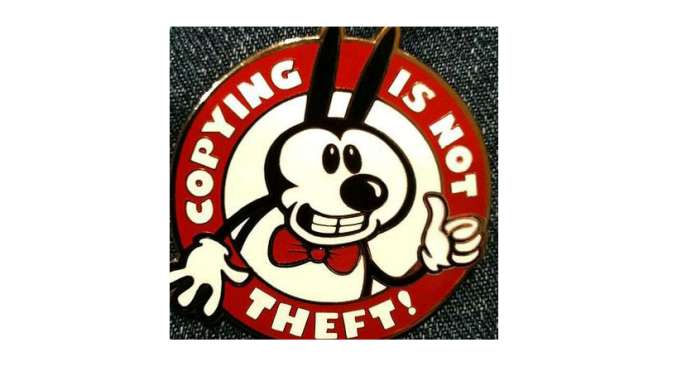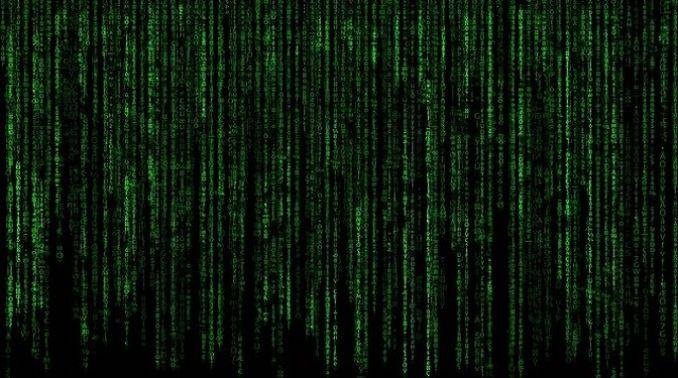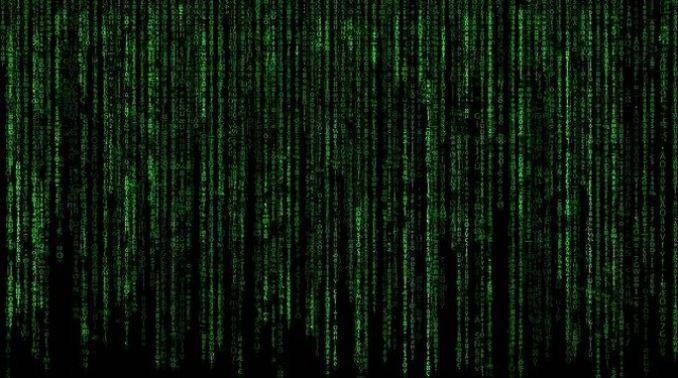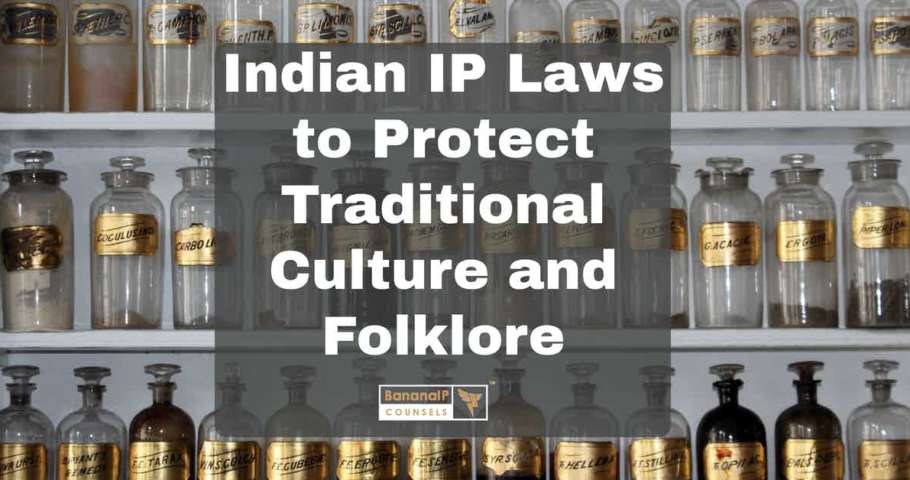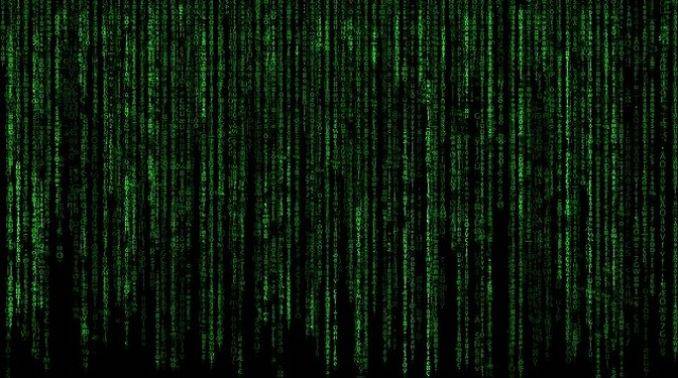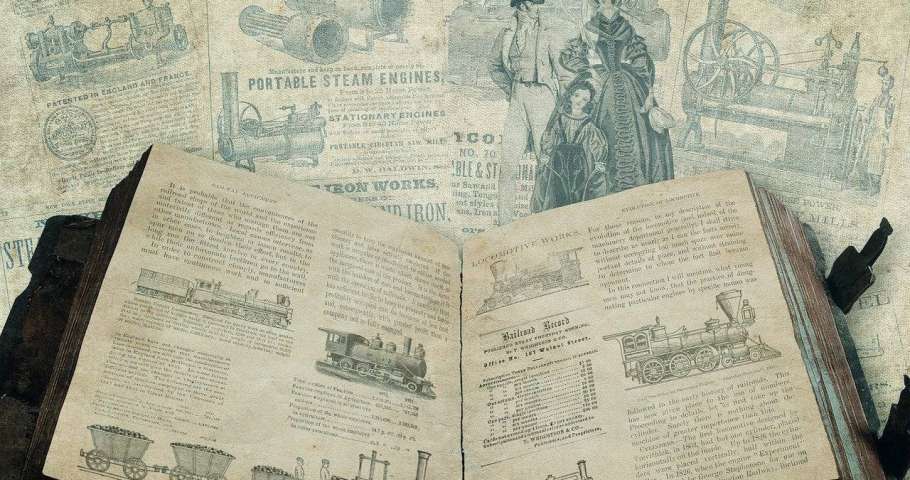The Delhi High Court issued an interim injunction in favor of Anand And Anand, safeguarding its trademark against fraudulent impersonation in emails. The court also ordered the blacklisting of email addresses used by cybercriminals and instructed service providers to disclose their identities. Continue Reading Delhi High Court issues injunctions for fraudulently using IP Law Firm’s Trademark and Partner’s Name


